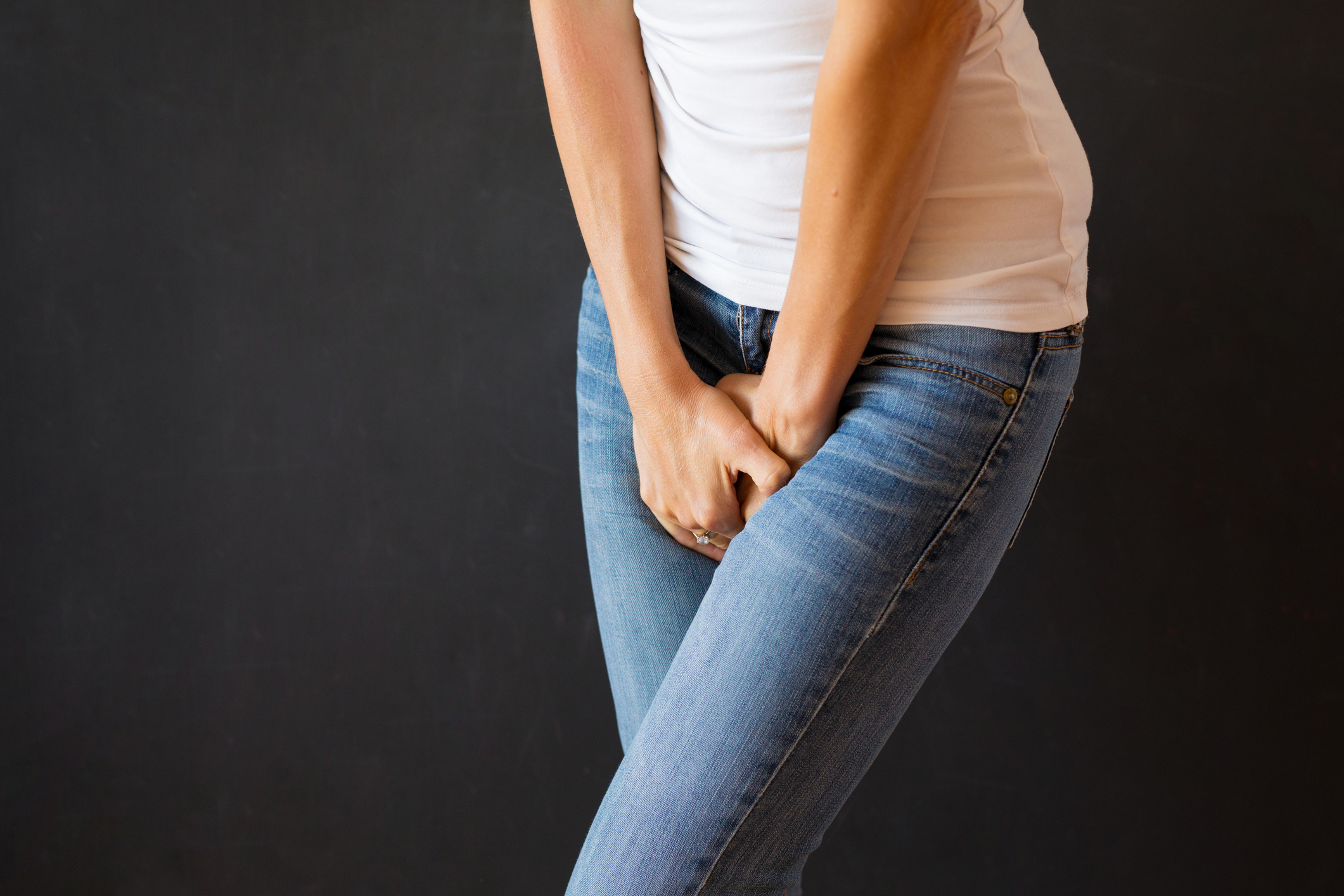Urinary Incontinence
Urinary incontinence is the inability to control the bladder, such that urine is lost at the wrong time and place. It happens to men and women, but it is more common in women— especially after childbirth and menopause, and among the elderly.
Some believe that incontinence is a normal part of ageing, whilst others are too embarrassed to get help. Urinary incontinence affects the quality of life. It is advisable to seek urology attention for leaky urine as early as possible as it can be a symptom of an underlying urology condition.

Urinary Incontinence Symptoms
- Urge incontinence is caused mainly by the presence of elements that irritate the bladder, such as a urinary tract infection (UTI), bladder stones or bladder tumours. Overactive bladder (OAB) is a diagnosis of exclusion, where no identifiable causes are irritating the bladder, yet there is a severe and frequent urge to urinate, weak bladder control, and leaking.
- Stress incontinence is related to a weak pelvic outlet, commonly in women, especially those who have given birth vaginally. Symptoms include leaking urine when you cough, sneeze, laugh, exercise, or do an activity that puts sudden pressure on the bladder.
- Overflow incontinence happens when your bladder is full but is unable to empty completely. Symptoms include dribbling urine, needing to urinate frequently. It is related to weak bladder contraction in diabetic or stroke patients.
- Functional incontinence happens when a physical or mental impairment prevents you from making it to the toilet in time. It occurs in the elderly and patients with medical conditions such as severe arthritis, Alzheimer’s, or Parkinson’s disease.
Consult your urologist if you are experiencing any of these symptoms.
Causes of Urinary Incontinence
- Vaginal childbirth can weaken the muscles that control your bladder. Post-menopausal women are also at higher risk.
- Urinary tract diseases, strokes, surgeries, and treatments for pelvic cancers can cause urinary incontinence.
- Diseases like diabetes, Parkinson’s, and multiple sclerosis can damage the nerves that control your bladder.
- Intake of irritants such as coffee or tea worsens the problem.
Urinary Incontinence Diagnosis
Urinary incontinence is diagnosed by:
- A urinalysis to check for signs of infection or blood traces.
- A bladder diary to record how much you drink, your output of urine, and when you urinate.
- A post-void residual measurement using ultrasound to check if there is leftover urine in your bladder after you urinate.
- A detailed pressure-flow study of the bladder.
Urinary Incontinence Treatment Options
Treatments are available to help control bladder function and prevent involuntary urination. They vary according to the severity of symptoms and the type of incontinence, with non-invasive therapies as the first line of approach. Treatments for urinary incontinence include:
- Behavioural modification therapy: Techniques like limiting the amount of fluid you drink, eliminating caffeine, or bladder training.
- Kegel exercises to strengthen your pelvic floor muscles.
- Injections: Injecting bulking agents, such as collagen, into your urethra to thicken its walls so that it seals more tightly to prevent urine from leaking. For overactive bladder, patients may be offered an injection of botulinum toxin A into the bladder wall to relax the bladder muscles.
- InterStim® therapy: Implanting a small device—about the size of a stopwatch—under the skin of your hip that sends mild electric impulses to your sacral nerve, which controls your bladder muscle.
- Sling procedures: A minimally invasive surgery, where a sling made of synthetic or natural material is placed around your urethra to lift it back to its normal position.
- Medications such as anticholinergics block nerve signals that cause frequent urination and urgency and bladder spasms.
- Physical therapy
Urinary Incontinence Prevention
Avoid diuretics such as caffeine and alcohol that can increase the urgency and frequency of urination. Kegel exercises and healthy weight maintenance can also help improve bladder control.
Seek recommendations on suitable treatment options for Urinary Incontinence with Colin Teo Urology. Contact us to book an appointment today.